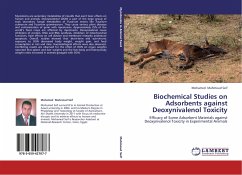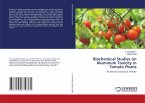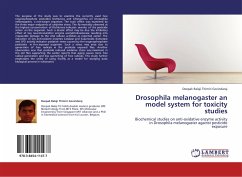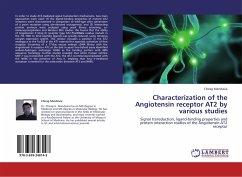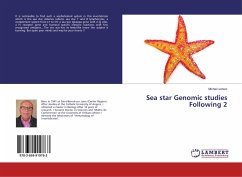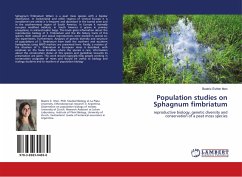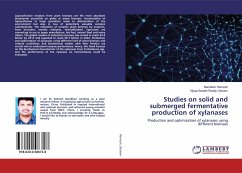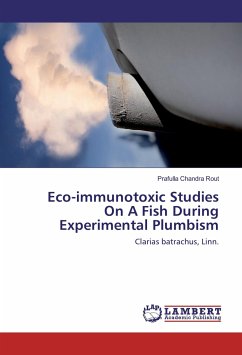Mycotoxins are secondary metabolites of moulds that exert toxic effects on human and animals. Deoxynivalenol (DON) is part of the large group of toxic secondary fungal metabolites of Fusarium strains like Fusarium culmorum and Fusarium graminearum. They cause various plant diseases and contamination of grain with mycotoxins. Approximately 25% of the world's food crops are affected by mycotoxins. Deoxynivalenol cause inhibition of protein, DNA and RNA synthesis, inhibition of mitochondrial functions, have effects on cell division and membrane integrity andinduce apoptosis. Overall, studies showed that short-term and sub-chronic exposure to DON decreased body weight, weight gain, and feed consumption in rats and mice. Haematological effects were also observed. Conflicting results are observed for the effect of DON on organ weights reported that spleen and liver weights and the liver-body and Kidney-body weight ratios increased in animals gavaged with DON.

